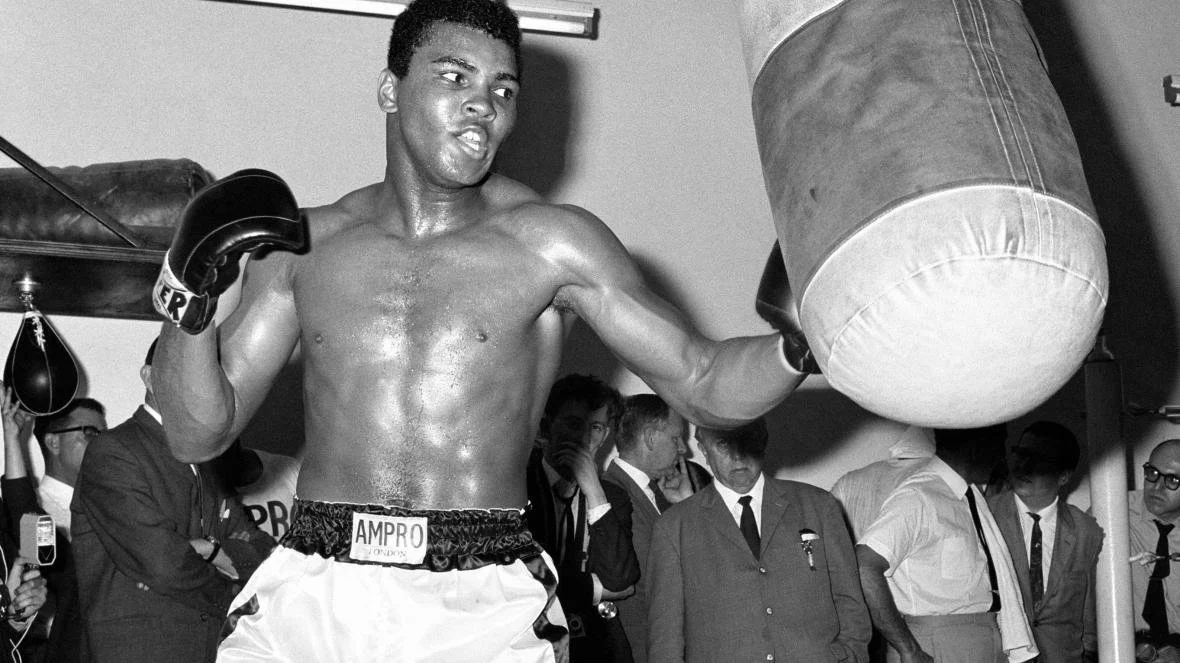Every person is capable of more than they think.
—
One of the things that separates elite from amateur athletes is having the mental strength to tolerate pain. The question is: Can anyone strengthen their mental fortitude? I believe the answer is yes. Developing mental fortitude (resilience, mental toughness, capacity to overcome adversity, etc.) is a byproduct of mastering your mind. This is arguably the hardest and most profound goal a human can strive to achieve. Except for some truly remarkable people, for most of us, it’s a journey of perpetual self-betterment with no finish line. Accepting that is, perhaps, the first step in that journey.
The value of mental fortitude in professional and business settings is obvious. Adaptability to change, the ability to handle stress and adversity, the development of perseverance, and more effective decision-making are only some of the benefits. Today I will share three mental models that I’ve found to help me gain mental strength.
1. One for Good Measure
Years ago I heard a quote from Muhammad Ali: "I don’t start counting until it hurts." This idea had a profound impact on me. My modified version is what I call “one for good measure.” I apply it when I’m working out: when I feel like I’ve reached my absolute last rep, I try to find it in myself to attempt at least one more. I also apply this perspective at work. When I feel I can’t send another email, write another paragraph, make another slide, or have another call, I look within myself to find the strength to do just one more.
Just like physical strength is built in response to your body adapting to stress, our mind is capable of doing the same. No elite athlete lifts light and trains inconsistently. And no one becomes world-class professionally without delivering massive, consistent output. The more output I create, the easier and more normal it becomes to set a new maximum that I can later try to exceed.
What I tell myself: “. . . and one more for good measure.”
2. Do It Now
A critical, if not the most critical, component of success is action. Procrastination is anti-action and is incompatible with success.
There are countless resources available on this topic and I won’t spend time thoroughly exploring the topic. Instead, I will share my strategies for how I cope with procrastination. First, it’s important to remember that we are all susceptible to procrastination, so it’s ok to have slip-ups. I truly think it’s unrealistic to eliminate it entirely, but the goal should be to minimize it.
Fighting procrastination requires mental fortitude. Fortitude comes from normalization, which, in turn, comes from repetition. The hardest step in fighting procrastination is setting this wheel in motion – that is, to do the thing in the first place.
What strategies have worked for me to do things?
Start with the minimum action. I remember reading a good hack to force yourself to work out is to put on workout clothes. Some days that already feels like too big of an obstacle. On those days, I take it even farther back and I tell myself: "Just stand up from the couch".
Normalize taking action. Whenever I encounter mental resistance in performing an activity (insecurity, fear, uncertainty, etc.), I try to prioritize those activities over anything else. Not only does it boost my confidence knowing that I have the strength to take on the hardest tasks, but also I can quickly move on to other things without feeling that something is hanging over me.
Focus on the outcome. When the task in front of me feels like a big mountain, instead of focusing on the process, I try to focus on the outcome (i.e., an email is sent vs. how to craft an email). As funny/crazy as it may sound, sometimes I ask myself: "If I were a robot now what would I do?" Certainly, a robot would perform the task without emotions, doubt, and, importantly, without procrastination.
3. I Am Not Special
I recently stumbled upon a quote from Elon Musk that accurately captured the essence of this first model: “It is possible for ordinary people to choose to be extraordinary.” The way I interpret this quote and apply it to my life is by actively acknowledging that I am not special. I’m just an ordinary person, like everyone else, and there is nothing inherently unique about me . . . except for the choices I make. I find this perspective incredibly empowering because acknowledging this simple fact gives me the power to shape who I become through choice. Another way to think of it is what Christiano Ronaldo, one the most talented soccer players of all time, said: “Talent without working hard is nothing.”
What I tell myself: “There is nothing special about me except my willpower and my choice. Now go choose who you want to be.”
—
In conclusion, I need to mention that my desire to share things I’ve learned is only one of the reasons I write these thoughts out for you. Another at least equally important motivation is for these writings to serve as a reminder to myself—because while these insights may have come to me in a “lightbulb moment,” I still have to continuously work on making them part of my daily practice. I have a long road ahead to master them.



